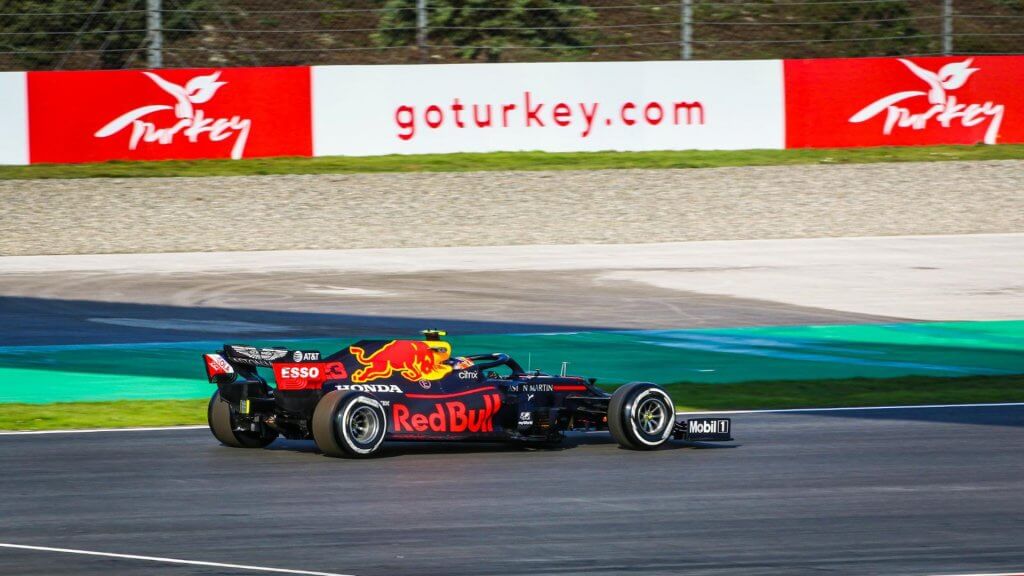
Collective Bargaining and Social Dialogue Highlighted in Workshop as Vital Tools to Ensure Good Industrial Relations in MENA Region
The ILO brings together employer and union representatives from the MENA region to explore successful collective bargaining and bipartite social dialogue structures and practices in selected sectors.
The ILO brought together employer and worker representatives from the MENA region’s garment and agro-industrial industries to exchange experiences and share good practices on collective bargaining and social dialogue. The workshop aimed at enhancing participants’ capacity in engaging in meaningful collective bargaining processes.
The four-day training workshop, which concluded on Thursday (September 3), was organized by the ILO’s Fundamental Principles and Rights at Work Branch, with the support of the governments of Sweden, Norway and the United States. The International Training Center, the training arm of the ILO, designed and facilitated the workshop.
Phillip Fishman, the ILO’s Senior Technical Advisor for Fundamental Principles and Rights at Work, hoped the event would help bring greater attention to a topic that is too often undervalued. ‘There is an impression that in the area of social dialogue and collective bargaining, not much has really happened in this part of the world and that impression is surely bolstered by the political instability currently taking place in the region,” he said. ”But there is a lot more going on than people think. In Morocco, Tunisia and Jordan sector-wide collective bargaining agreements have improved the lives of tens of thousands of workers and Egypt may not be far behind.”
During the workshop, delegates from Egypt, Jordan, Morocco and Tunisia shared examples of how social dialogue and collective bargaining have improved the living and working conditions of workers, as well as the economic performance of their industries. They also shared knowledge on ways to deepen and promote social dialogue in different countries and sectors. ‘Social dialogue and collective bargaining are interlinked. Both have a common objective, which is achieving social peace for a specific period of time for all parties,” said Chaoui Abdelmajid, member of the executive board of the general union of Moroccan workers (UGTM)
The ILO believes successful social dialogue structures and processes have the potential to resolve important economic and social issues, encourage good governance, advance social and industrial peace and stability, and boost economic progress.
While social dialogue is essentially a bipartite process involving employers and workers organizations, governments can play an important role in ensuring an enabling environment for collective bargaining and moving the process forward. Manal Zawali Dimassi, an employer representative from the Tunisian association for commerce, industry and handicrafts (UTICA), shared this view. ”Governments should take a role as both social and economic players in the process of social dialogue. It should serve as a mediator between the two sides and help find solutions to difficult problems,” she said.
The delegation from Jordan highlighted the country’s achievements on social dialogue and effective negotiations in the ready-made garment sector, which resulted in the signing of a sector-wide collective bargaining agreement between employers associations and the garment union in 2013. The CBA was renewed for another two year period in August.
Farhan Ifram, of the Jordan Garments, Accessories & Textiles Exporters’ Association (J-GATE), said the agreement had ensured all parties moved in unison. ‘Rather than having multiple isolated agreements among factories and unions, having one collective bargaining agreement that governs the sector, helps us operate under once common voice and one common interest.”
The ILO is working in the region to help promote collective bargaining as an important means toward building sound industrial relations at the enterprise and sector levels. It is implementing a number of projects aimed at promoting fundamental principles and rights at work, through increasing the capacity of partners in areas such as labour dispute management, collective bargaining and social dialogue, in efforts to enhance sound industrial relations in various sectors.
























